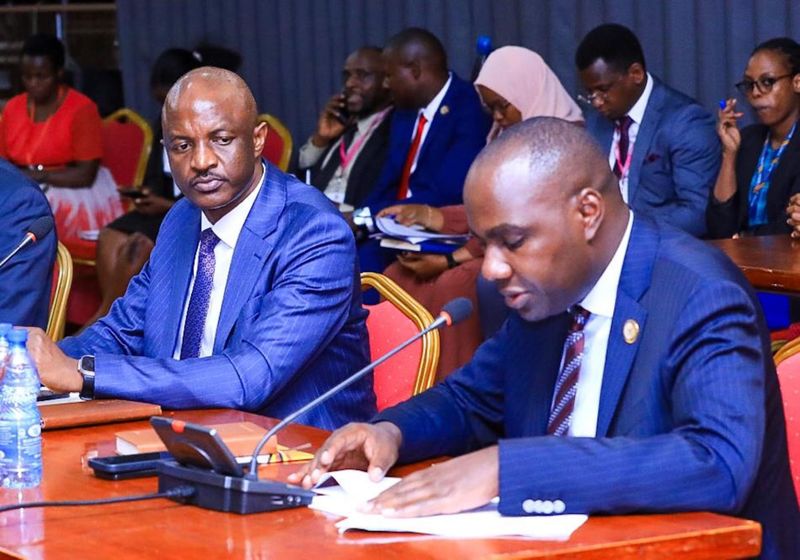
The government is in advanced negotiations with the World Bank to secure substantial funding for the rehabilitation of 160 traditional secondary schools across the nation. This was revealed by the Permanent Secretary of the Ministry of Finance, Planning and Economic Development, Ramathan Ggoobi, while addressing the Budget Committee of Parliament on Tuesday, May 13, 2025.
Ggoobi assured legislators and the public of the government’s commitment to significantly invest in the education sector. “I would want you to assure the population that in education, we are coming in a big way. We are finalising negotiations with the World Bank for a big project we are bringing under U-Lear,n where most schools will be rehabilitated,” he stated.
He further explained that this upcoming U-Learn Program will work in tandem with the existing World Bank-funded Uganda Intergovernmental Fiscal Transfer Programme (U-GIFT project) to address critical infrastructural deficits in the education sector. The U-GIFT program, valued at US$300 million, is currently focused on the rehabilitation of 1,000 primary schools, alongside infrastructure development in the health and environment sectors.
Ggoobi, accompanied by the State Minister for Finance, Planning and Economic Development, Hon. Henry Musasizi, and other ministry officials, was present to respond to queries raised by Members of Parliament regarding the draft budget for the 2025/2026 financial year.
Several MPs voiced their concerns over consistently ignored budgetary requests, highlighting dire situations in some schools. Hon. Samuel Okwir (NRM, Moroto County) painted a stark picture of Akola Seeds Secondary School in Moroto, a government-aided school established in 2016, where “students are under a tree” due to a lack of infrastructure and unpaid teachers resulting from no budget allocation. He questioned what message the President would deliver to the community given the school’s stagnant state.
Similarly, Hon. Annet Katusiime (NRM, Bushenyi District Woman MP) urged the Ministry to prioritise funding for government-grant-aided schools in her district that have been operational with recruited teachers but have not received funding for the past two years.
Adding to the concerns, Hon. Nathan Itungo (NRM, Kashari South County MP) passionately advocated for the reinstatement of funding for the Uganda National Institute for Teacher Education (UNITE). He emphasised UNITE’s crucial role in coordinating teacher education at all levels, including in-service training and professional development.1 “Without the money to operationalise UNITE, we are going to have issues with Primary Teachers Colleges and National Teachers Colleges, currently doing nothing. Without free education, which is the message of the President, without teachers being trained, what are we doing?” Itungo questioned.
While acknowledging the pressing needs highlighted by the MPs, Permanent Secretary Ggoobi’s announcement of the ongoing negotiations with the World Bank offers a glimmer of hope for significant improvements in secondary school infrastructure. The successful acquisition of this new funding under the U-Learn Program could provide a much-needed boost to the education sector and address some of the critical infrastructural challenges faced by traditional secondary schools across the country. The Budget Committee will now likely scrutinise the proposed budget allocations in light of these ongoing negotiations and the urgent needs expressed by legislators.














Joan Ainabyona
Leave a Comment
Your email address will not be published.